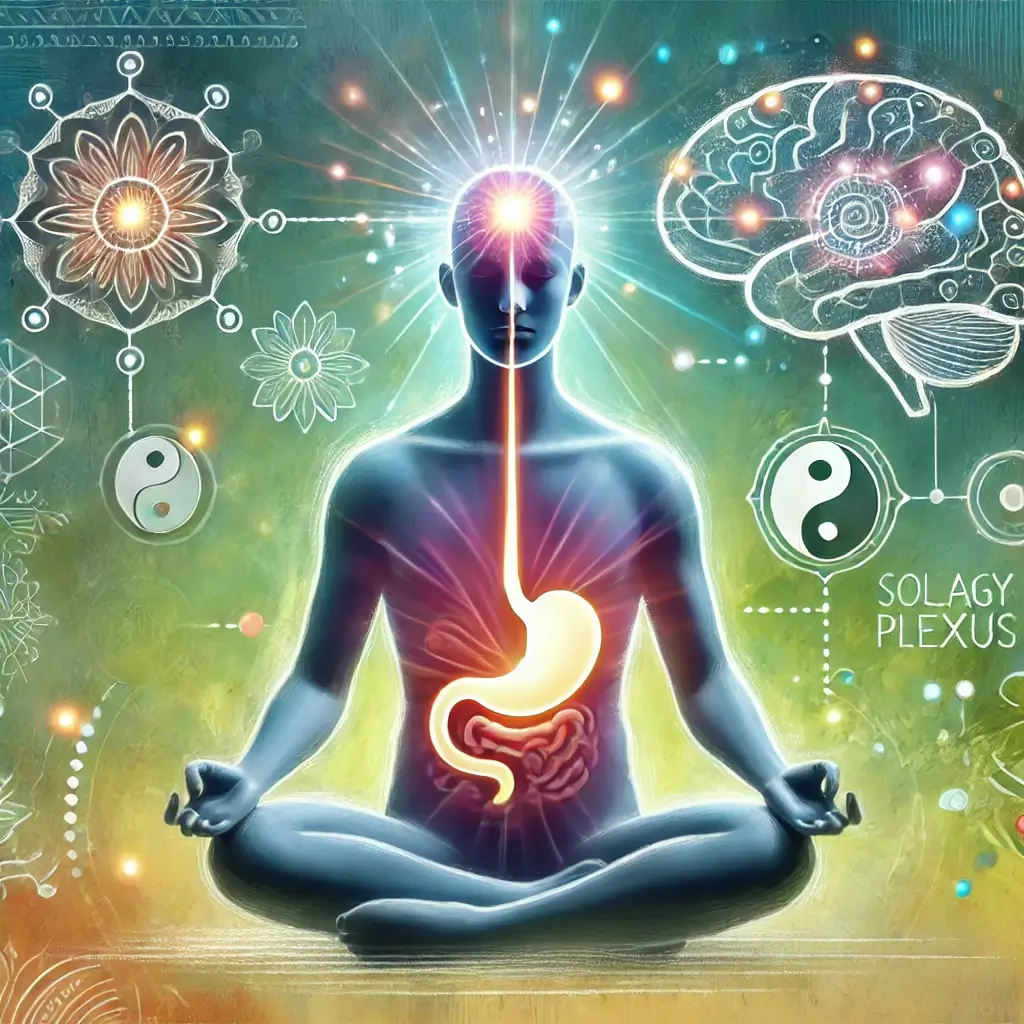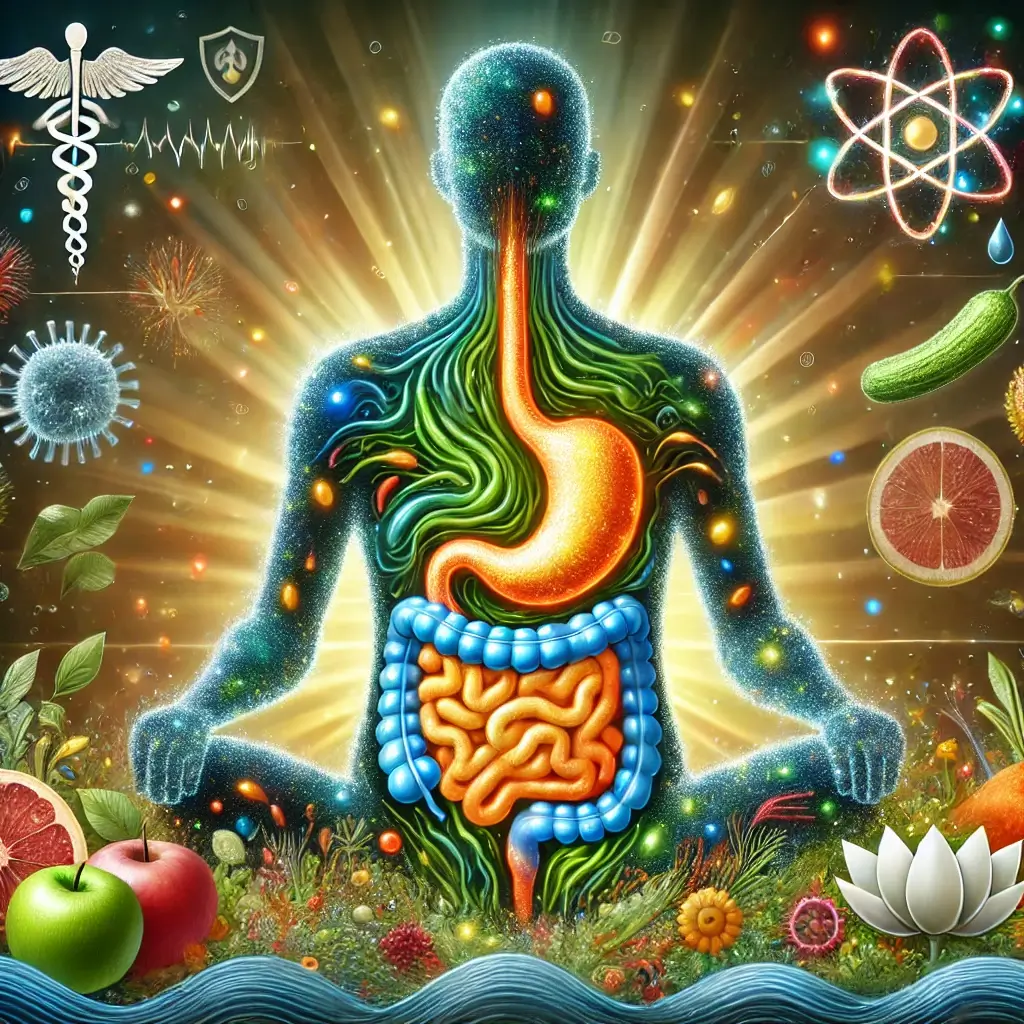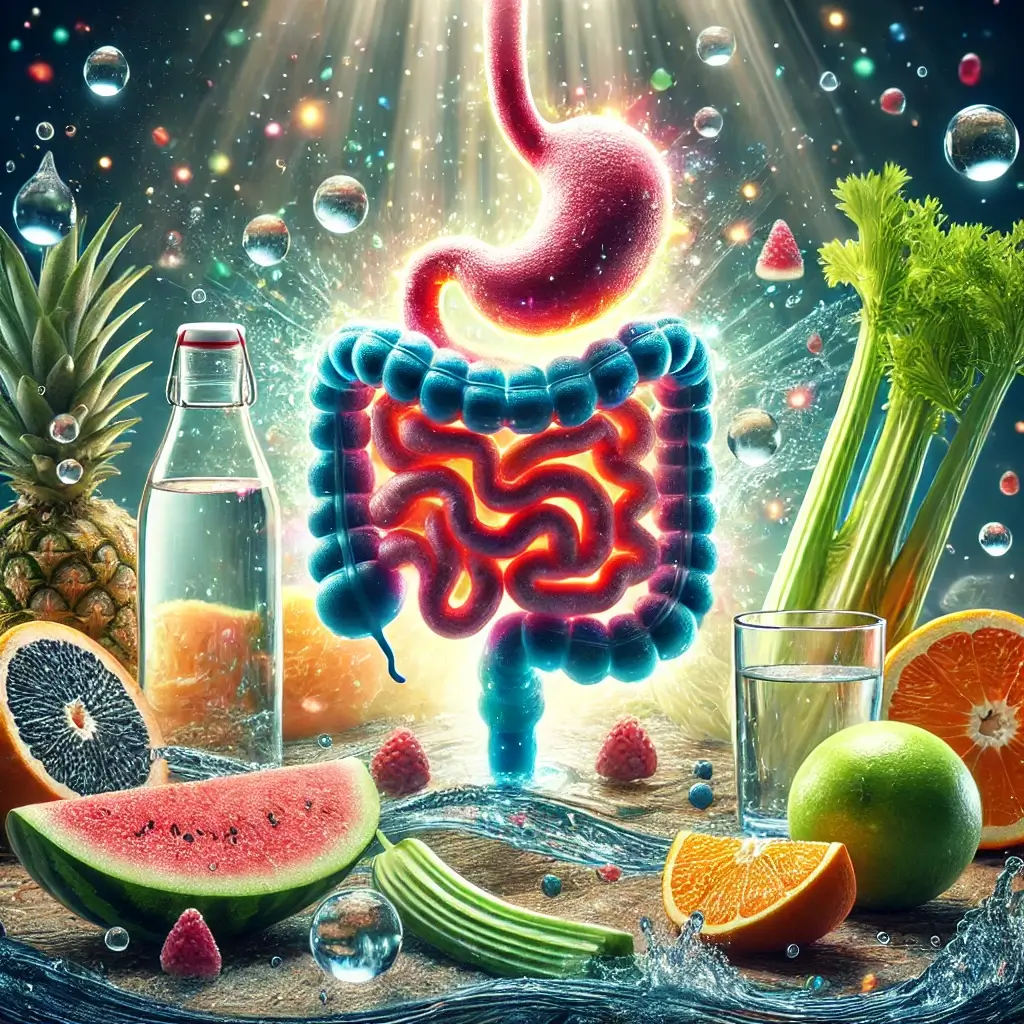Breaking Down Diverticulitis: Modern Approaches to Treatment and Prevention
Understanding the Impact of Diverticulitis on Daily Life
Diverticulitis, an inflammation or infection of small pouches (diverticula) in the colon, is a condition that significantly impacts quality of life. Characterized by persistent abdominal pain and changes in bowel habits, diverticulitis can disrupt daily routines and lead to severe complications if unmanaged. While it is more common in older adults, rising rates among younger populations highlight the influence of modern dietary patterns and sedentary lifestyles.
Challenging Common Misconceptions About Diverticulitis
Despite its prevalence, diverticulitis remains surrounded by misconceptions. Many believe it is an inevitable part of aging, yet evidence suggests it is largely preventable and manageable through targeted interventions. This article delves into the holistic management of diverticulitis, emphasizing practical steps to reduce flare-ups, improve digestive health, and promote overall well-being. By understanding the interplay of diet, activity, and medical treatment, individuals can take charge of their health and minimize the burden of this condition.
Comprehensive Management Approaches
Holistic management of diverticulitis encompasses dietary adjustments, lifestyle modifications, and medical therapies, each playing a vital role in reducing symptoms and preventing recurrence.
The Role of Diet in Managing Diverticulitis
A diet rich in fiber is crucial for maintaining colon health and preventing diverticulitis flare-ups. While low-fiber diets during acute episodes are recommended to allow the colon to heal, transitioning to a high-fiber diet afterward helps regulate bowel movements and reduces colon pressure. A landmark study in The Lancet found that individuals consuming at least 30 grams of fiber daily had a 40% lower risk of diverticulitis.
Essential Lifestyle Modifications
Regular exercise improves gastrointestinal motility and reduces constipation, a key risk factor for diverticulitis. A study in American Journal of Preventive Medicine found that engaging in moderate-intensity exercises for 150 minutes per week reduced the risk of diverticulitis by 25%. Stress management and smoking cessation provide immediate and long-term benefits for digestive health.
Medical Treatment Options and Future Developments
During acute flare-ups, antibiotics are often prescribed to combat infection, and a temporary liquid or low-fiber diet is recommended. Incorporating probiotics into a daily routine has shown promise in managing diverticulitis. Advances in non-surgical treatments, such as endoscopic interventions, are providing less invasive options for individuals with recurrent diverticulitis.
Taking Control of Diverticulitis Management
Diverticulitis is a manageable condition with the right combination of dietary adjustments, lifestyle changes, and medical care. By emphasizing fiber, staying hydrated, and avoiding known triggers, individuals can significantly reduce flare-ups and enhance digestive health. Living with diverticulitis does not have to mean compromising quality of life. Armed with knowledge and supported by healthcare professionals, individuals can take control of their health and navigate this condition with confidence and resilience.
References
Simpson, S., et al. (2019). High dietary fiber intake and its protective role in diverticulitis. The Lancet, 394(10198), 647-655.
Gut. (2019). Red meat consumption and diverticular disease risk: A comprehensive review. Gut, 68(5), 844-855.
Andrews, J., et al. (2020). The impact of physical activity on diverticulitis prevention: A population-based study. American Journal of Preventive Medicine, 59(6), 891-897.
World Journal of Gastroenterology. (2020). The efficacy of probiotics in diverticulitis management. World J Gastroenterol, 26(25), 3648-3658.













